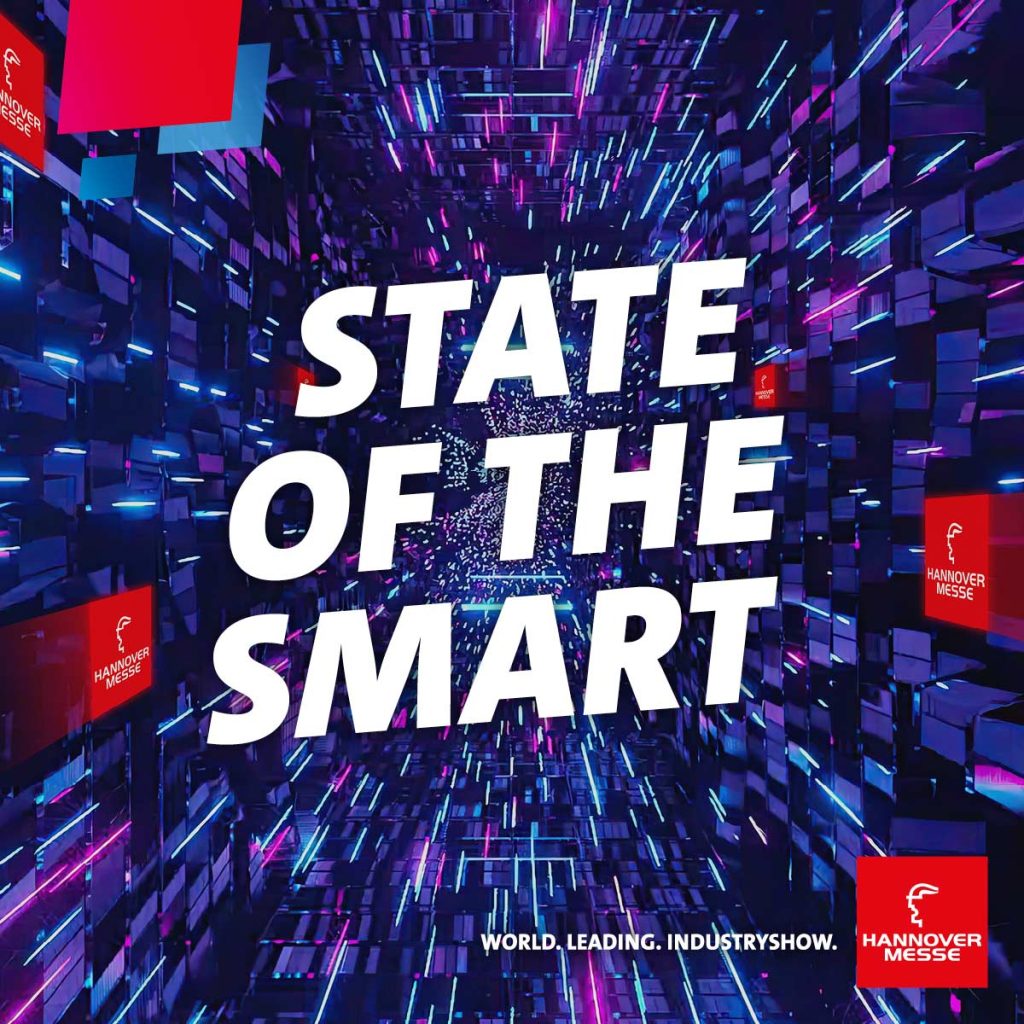The Global Call on Science Missions for Sustainability Closes with 250 Submissions
The call for applications, which closed on 31 May, received 250 expressions of interest from more than 70 countries.
Out of the 250 expressions of interest received in response to the Global Call, eligible proposals will now undergo thorough evaluation by the Selection Committee, in collaboration with the ISC Secretariat, until the end of June 2024.
The Committee, which has refined the selection process and criteria for the Pilot Science Missions, will assess the proposals and make recommendations to the Secretariat regarding shortlisted applications. These shortlisted candidates will then be invited to matchmaking events with funders, starting in September. By mid-October, shortlisted consortia will be asked to submit full bids, which will once again be thoroughly assessed by the Selection Committee.
The Oversight Committee will make the final decision on which Pilot Science Missions to fund, based on the recommendations of the Selection Committee. This includes final approval of funding disbursements for the 18-month co-design phase.
Between January 2025 and June 2026, up to five Pilot Missions will test the visionary model developed by the Global Commission on Science Missions for Sustainability and unveiled at the 2023 UN High-Level Political Forum in the document titled “Flipping the Science Model: A Roadmap to Science Missions for Sustainability.”
Flipping the Science Model
International Science Council, 2023. Flipping the science model: a roadmap to science missions for sustainability, Paris, France, International Science Council. DOI: 10.24948/2023.08.
Selected Pilots will illustrate how collaborative efforts involving scientists, policymakers, non-governmental organizations, communities, and the private sector can lead to innovative solutions for complex sustainability challenges. These efforts will pave the way for adapting and expanding the model, demonstrating the value of collaborative transdisciplinary efforts in fast-tracking the achievement of the Sustainable Development Goals (SDGs) and accelerating societal transformation toward sustainability.
The Oversight Committee
Peter Gluckman – President of the ISC
Macharia Kamau – Ambassador, Former Kenya’s Permanent Representative to the United Nations, Special Envoy and Senior Advisor, Uhuru Kenyatta Institute, Senior Advisor GSTIC
Marcia McNutt – President of of the US National Academy of Sciences
Gabriela Ramos – UNESCO Assistant Director-General for Social and Human Sciences
Lidia Brito – UNESCO Assistant Director General for Natural Sciences
Bernard Sabrier – Chairman of Unigestion and CEO of Unigestion Asia Pte Ltd
Didier Roux – Member of the French Academy of Sciences, Member of the French Academy of Technologies
The Selection Committee
Matthias Kaiser – Professor at the Centre for the Study of the Sciences and Humanities (SVT) at the University of Bergen
Susan Parnell – Professor at the University of Bristol and University of Cape Town
Carlos Nobre – Institute for Advanced Studies, University of Sao Paulo
Lorrae van Kerkhoff – ANU Institute for Water Futures
Luis Sobrevia – Cellular and Molecular Physiology Laboratory at the Pontificia Universidad Católcia de Chile
Stephen Ratuva – University of Canterbury, Macmillan Brown Centre for Pacific Studies
Gabriele Bammer – Australian National University
Uta Wehn – IHE Delft Institute for Water Education
George Gao – Chinese Academy of Sciences
Zarina Patel – University of Cape Town
Marie-Alexandrine Sicre – French National Centre for Scientific Research
Contact
Katsia Paulavets
Senior Science Officer
International Science Council
Katsia Paulavets
Post Views:
2,357









Congratulation!